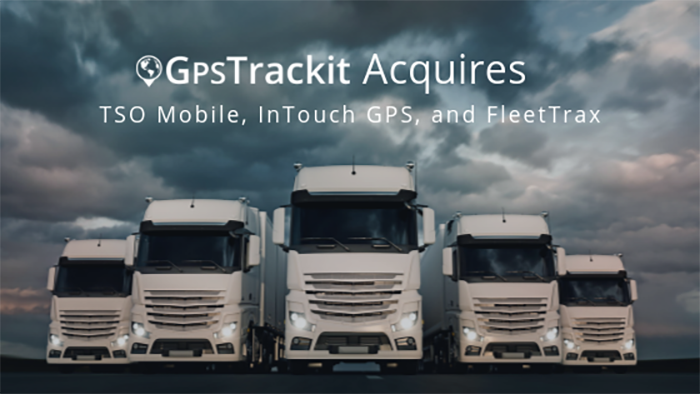Keeping Your Fleet Business Relevant in the IoT Age
In the age of the Internet of Things (IoT), we live in a world where many of our devices are smarter than we are. You can turn off your house lights from miles away with the right phone, your watch can tell you how many steps you’ve walked today, and your Google Home Assistant can help you set up appointments. As the world grows increasingly connected, businesses must learn to adapt or else vanish into the dreaded abyss of irrelevance. Here are six ways you can keep your fleet management business relevant in the modern age of connectivity.
Car Sharing
Rideshare companies equip their vehicles with GPS tracking technology and specialized equipment that allows them to pick up and drop off their rented car at a variety of locations around a city, giving others access to available cars as needed. Look for ways your fleet management company can keep this community spirit alive by, say, allowing companies to share space in a delivery truck heading to the same area by booking space options on a space-sharing app. Or, if you transport passengers, apps are an easy and convenient way for customers to book seats in your vehicles for their travels. Customers want the most convenient and beneficial option available and apps make accessing these options easier than ever before.
Smart Roads and Traffic Control
Norway’s Road Authority is working on a smart road that can tell drivers exactly how much traffic is passing through–and precisely what the road conditions are–by using vibration detection wires and computer algorithms that analyze the piles of data collected. Business access to this technology, alongside coordination with GPS tracking units, would allow companies to optimize routes and limit the amount of time drivers spend moving from location to location.
Smart Parking
This hit new service is working toward becoming the next big thing in joint transportation. Using Internet of Things apps and technologies, your drivers can find and reserve parking spaces close to their delivery locations, saving their time and your money! Not to mention making the stress of finding parking mid-city during rush hour obsolete.
Electronic Toll Collection Systems
Electronic Toll Collection Systems aim to eliminate delays and congestion around toll booths and bridges by allowing drivers to pay tolls via a connected IoT device in their vehicle. Now drivers can save time and gas by maintaining their course without having to worry about stopping and paying tolls manually. This also streamlines the validation process by monitoring financial data on a computer system rather than relying on employees to track payments manually.
Fleet Management
IoT technology, like that used in GPS vehicle tracking units, continuously monitors the location and conditions of delivery and can send alerts regarding delays, damages, and the safety of sent products. With real-time data, companies can keep better track of delivery locations, providing customers with the most up-to-date information possible to increase customer satisfaction.
Safety and Roadside Assistance
Nobody wants their employees to suffer damage on the job, but accidents are bound to happen no matter how many trainings you offer. With IoT technology, your business can monitor the location and condition of each of your vehicles, no matter where they are, allowing you to quickly send assistance if an accident occurs. Other IoT technologies can monitor vehicle maintenance, informing your company when certain parts need to be replaced, and other routine maintenance needs to be done. This lowers the risk of catastrophic mechanical failure while in transit.
With a network of devices collecting and organizing your data, your business will keep up with the modern turning of technology. As the world grows more and more connected, data sharing becomes necessary to increase profitability and maximize customer satisfaction. For a business to truly flourish, you must focus on the luxury of total convenience to make your company stand out from the competition.




